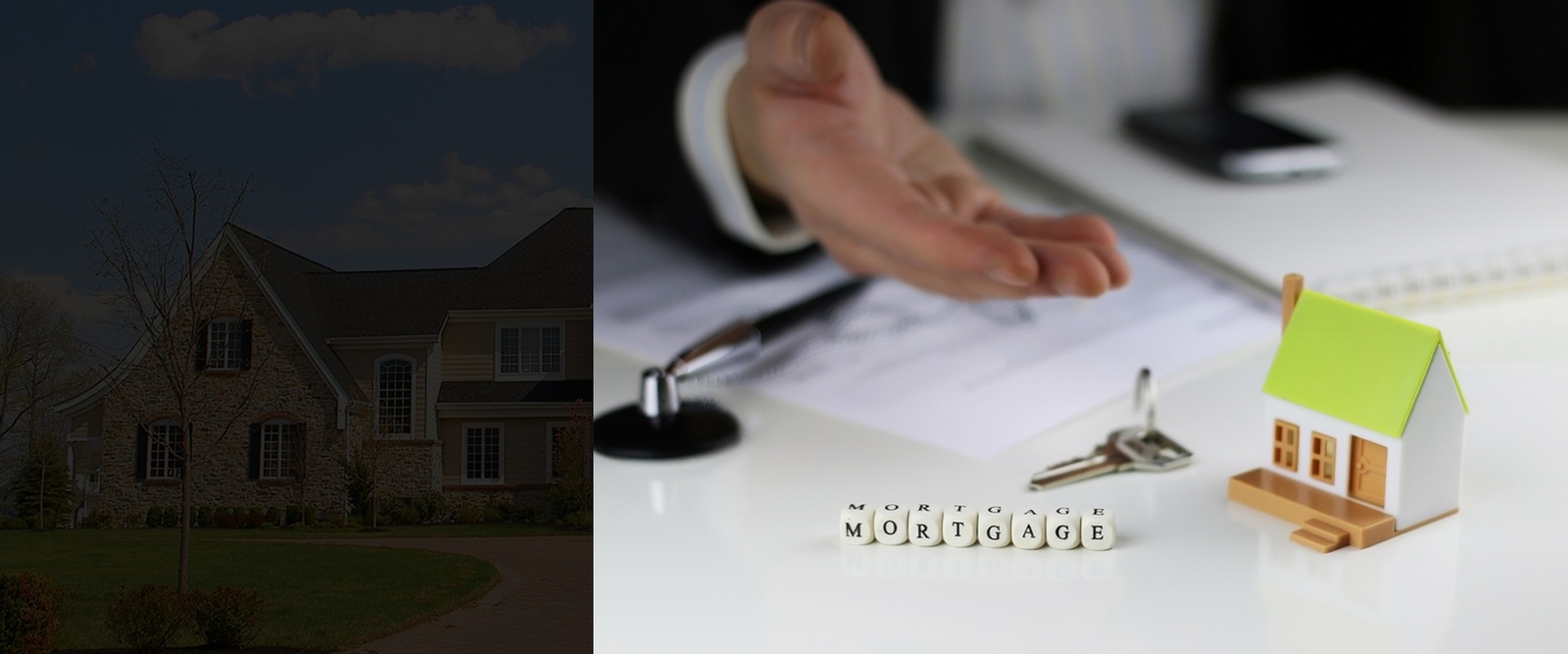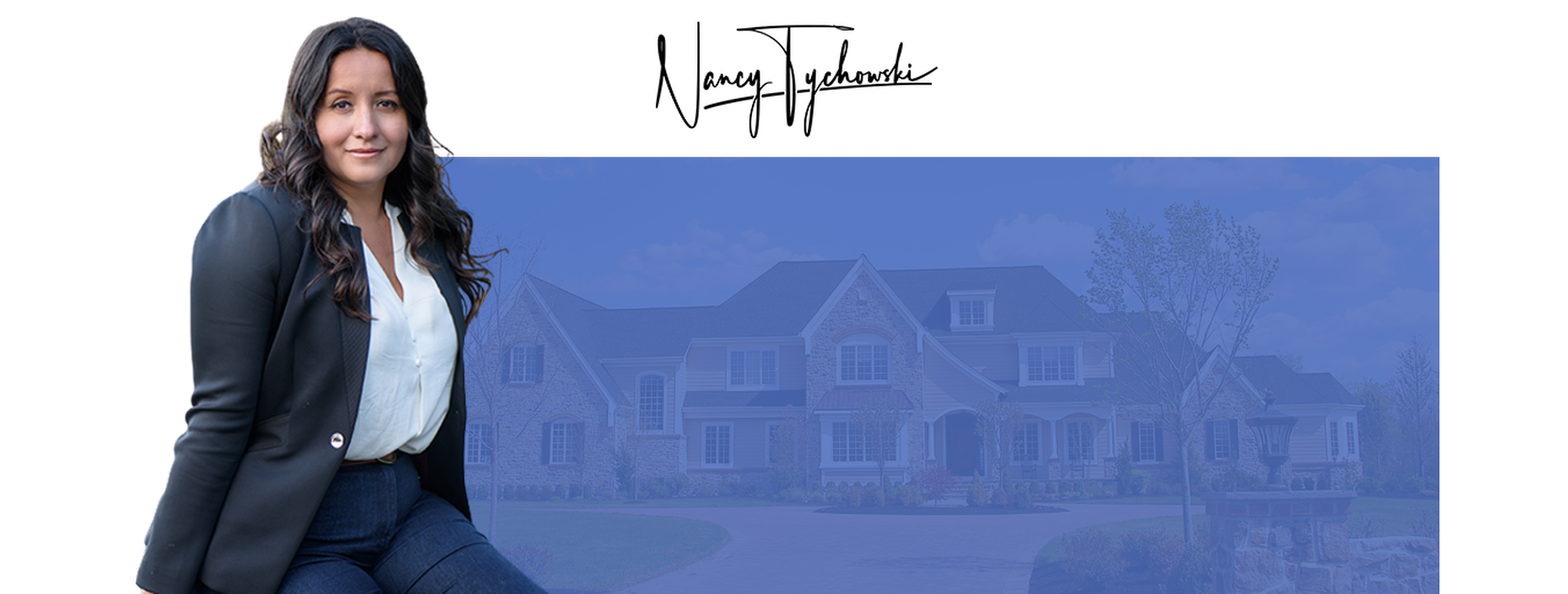- Where Can I Find A Good Deal On A Mortgage?
- How Can A Mortgage Broker Help Me?
- What Is The Difference Between Adjustable and Fixed Rate Mortgage?
- What Are The Rights Of The Mortgagor To Inspect The Mortgaged Property?
- How Much Can I Afford To Pay For A Home?
- How Much Do I Need For A Down Payment?
- Do I Need To Do A Home Inspection?
- What Is Mortgage Loan Insurance?
- What Is A Conventional Mortgage?
- Can I Use Gift Funds As A Down Payment?
- What Is A Pre-Approved Mortgage?
Most lenders offer you a mortgage, where you must repay the original loan amount and interest through monthly payments. Interest is the most significant cost you incur on a mortgage. As most of your payments will go toward the interest on the mortgage. A good deal on a mortgage is one that offers you a lower interest rate and easy repayment terms.
You can compare the rates and other terms offered by different lenders to get an idea of what the loan will cost you. By doing this, you will find that most lenders offer pretty much the same basic terms. This is because they are all regulated to a certain extent by the government. However, there could be significant differences in several other charges like closing costs, prepayment fees, appraisal costs, legal fees, etc.
Hiring a mortgage broker is a good option if you are unfamiliar with the process involved in taking a mortgage and don’t want to spend a lot of time understanding the nuances of this industry. The broker can advise you on how to get the loan and will give you a fair estimate of the charges the lender will add.
An experienced mortgage broker can help you find the right lender for your needs quickly and with minimum effort from your side. As we know, you are busy getting all the documents. A mortgage broker works with many lenders and can negotiate a lower mortgage rate and more manageable terms.
A fixed rate means your mortgage will always have a pre-determined interest rate irrespective of the changes in economic conditions. On the other hand, an adjustable rate can be changed by the lender whenever he feels that the economic conditions have changed.
If you are looking for peace of mind or a stable monthly payment and do not want to deal with uncertainty, it is advisable to go for a fixed-rate mortgage. But if you have a sufficient financial cushion to absorb any increase in your monthly payments, and if you feel that interest rates are likely to go lower in the near future, then an adjustable-rate mortgage might be a better option for you.
The mortgagor has the right to conduct an inspection of the property to check its condition. This means that the mortgagor can carry out an inspection to ascertain that the mortgaged property is not in a bad condition. An inspection also allows the lender to assess the property's real value.
This is a question that comes up frequently. To determine your ‘affordability,’ you will need to know your taxable income along with the amount of any outstanding debt and monthly payments. Assuming it is your principal residence you are purchasing, calculate 32% of your income for use toward a mortgage payment, property taxes, and heating costs. Using half of the estimated monthly condominium maintenance fees will be included in this calculation if applicable.
Second, calculate 40% of your taxable income and deduct all your monthly debt payments, including car loans, credit cards, and lines of credit payments. The lesser of the first or second calculation will be used to help determine how much of your income may be used towards housing-related payments, including your mortgage payment.
In Canada, you only need a minimum down payment of 5% to purchase a home, subject to certain maximum price restrictions. A down payment is the amount of money you put toward purchasing a home. Your lender deducts the down payment from the purchase price of your home, and your Mortgage covers the rest of the cost of the house. The minimum amount you need for your down payment depends on the home's purchase price. If your down payment is less than 20% of the cost of your home, you must purchase mortgage loan insurance.
- $500,000 OR LESS – ONLY 5% OF THE PURCHASE PRICE
- $500,000 TO $999,999 – 5% OF THE FIRST $500,000 OF THE PURCHASE PRICE + 10% FOR THE PORTION OF THE PURCHASE PRICE ABOVE $500,000
- $1 MILLION OR MORE – 20% OF THE PURCHASE PRICE
Yes, you do need a home inspection. It is a visual examination of the property to determine the home's overall condition. An inspector will come in to check all major components, such as roofs, ceilings, walls, floors, foundations, crawl spaces, attics, retaining walls, etc., along with systems (electrical, heating, plumbing, drainage, exterior weatherproofing, etc.).
The results of the inspection should be provided to the purchaser in written form, in detail, generally within 24 hours of the inspection. A home inspection helps remove a number of unknowns and increases the likelihood of a successful purchase.
Mortgage loan insurance protects the mortgage lender in case you can’t make your mortgage payments. It doesn’t protect you. Mortgage loan insurance is also sometimes called mortgage default insurance.
- If your down payment is less than 20% of the price of your home, you must buy mortgage loan insurance.
- Your lender may require that you get mortgage loan insurance, even if you have a 20% down payment. That’s usually the case if you’re self-employed or have a poor credit history.
- Mortgage loan insurance isn’t available if:
- The Purchase Price Of The Home Is $1 Million Or More
- The Loan Doesn’t Meet The Mortgage Insurance Company’s Standards
A conventional mortgage is a loan-to-value ratio mortgage where your down payment is 20% or more of the property’s value, and you get a loan value equivalent to at least 80% of the purchase price.
Lenders will allow you to use funds gifted to you from an immediate family member for your down payment. Immediate family members include parents and siblings.
Before starting your house hunt, obtaining a pre-approved mortgage is important. Having this knowledge will give you the upper hand in negotiating situations. This shows that you have the funds to support your offer, which typically entices sellers to go with your bid. Sellers will take you more seriously, bringing you one step closer to owning the home of your dreams.

